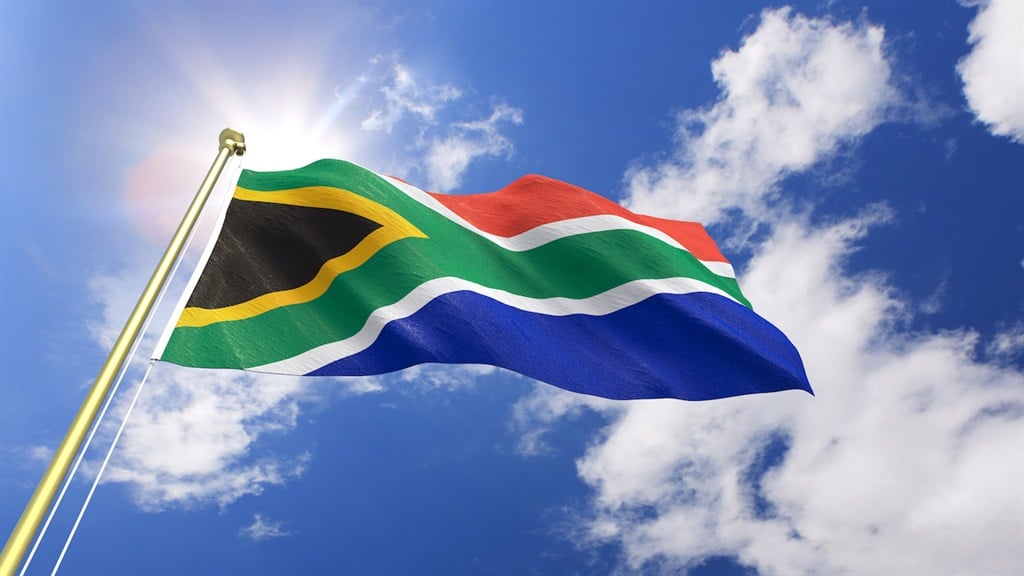
- Parliament's presiding officers have said reconciliation requires economic inclusion.
- South Africa celebrates the Day of Reconciliation on Friday.
- Among the threats to reconciliation are gender-based violence and corruption, the presiding officers say.
As South Africans celebrate the Day of Reconciliation, Parliament's presiding officers have said there can be "no meaningful reconciliation and unity without economic inclusion".
In a statement, National Assembly Speaker Nosiviwe Mapisa-Nqakula and National Council of Provinces chairperson Amos Masondo said South Africa had come a long way in the "process of mending and healing from the many years of racial discrimination that characterised the country's difficult past".
They said the public holiday served as an opportunity to focus on promoting social cohesion, healing, unity, nation-building and renewal.
"There can be no meaningful reconciliation and unity without economic inclusion, hence the necessity to continuously intensify the implementation of social and economic transformation programmes," the statement read.
OPINION | Tyla Dallas: Reconciling for a meaningful democracy
They added that every citizen needed to join hands in the fight against economic exclusion, poverty, unemployment, inequality, gender-based violence and femicide, as well as corruption and racism.
"The rate at which women and children are abused and some killed in South Africa is alarming and unacceptable," the statement read.
Mapisa-Nqakula and Masondo said this year, the Zondo Commission "shone a spotlight on rampant mismanagement and looting of state resources through corruption".
According to the presiding officers, corruption impedes citizens' prospects of economic emancipation.
Parliament recently passed the General Laws (Anti-Money Laundering) Amendment Bill, aimed at addressing deficiencies related to combating money laundering and terrorism financing. The bill is expected to bring South Africa into compliance with global standards set by the Financial Action Task Force.
They added that "a reconciled South Africa is an ideal we must all strive to realise".
"The Constitution enjoins every South African to contribute to the building of a united, non-racial, non-sexist, free, and prosperous nation. In the face of fierce and persistent racial tensions in the country, we must continue to embrace and celebrate the diverse but connected people, the languages, the cultures, and the histories that make South Africa the unique nation," the statement added.
News24's Impact Report 2022: A look back at the stories that shaped the year
"Each day, we have an opportunity to reach out to one another to deal with our past, reconcile, and work together to build a stronger nation. The future of this nation calls for continuous recognition of human rights, democracy, and peaceful co-existence for all South Africans, irrespective of colour and creed."

